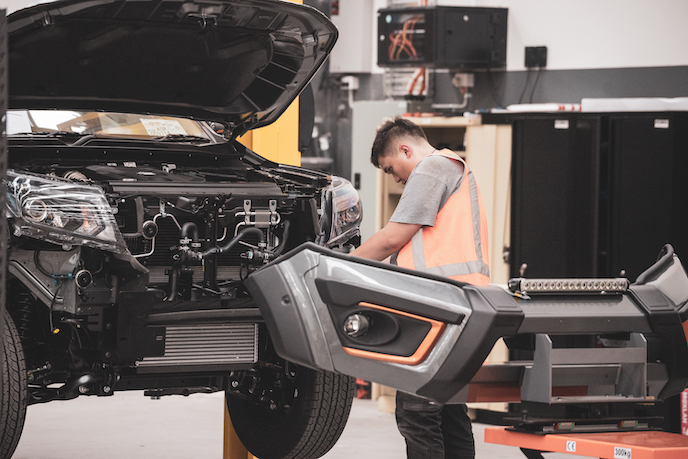
The Motor Trades Association of Australia (MTAA) welcomes the government’s announcement of an independent review of the Australian Design Rules (ADRs), viewing it as a crucial step in removing regulatory barriers and promoting innovation in the market across cars, trucks and motorcycles.
It also supports its decision to use this review to address obstacles in the supply of electric and low-emission vehicles, which are seeing increasing demand as Australia moves toward a more sustainable transport fleet.
MTAA is encouraged by the appointment of Dr Warren Mundy, whose experience in the transport sector will bring insights to the review.

“Dr Mundy will bring a fresh perspective to regulatory frameworks that have traditionally served not only safety and emissions goals but also protected local manufacturing,” MTAA chief executive Matt Hobbs says.
“We commend the Government for committing to an independent review of the ADRs which will contribute to a competitive and safe market for all consumers.”
The review will evaluate whether Australia’s current ADRs align with international standards, identify opportunities for improvement, and streamline the adoption of globally harmonised standards. This comes on the eve of the commencement of the New Vehicle Efficiency Standard (NVES), with manufacturers planning future product strategies for Australia. It is therefore vital that unnecessary and unjustified barriers are removed.
The goal of the review is to ensure Australia’s vehicle standards evolve to better support consumer choice, promote price competition and drive technological innovation in the automotive sector. As the global transition to electric vehicles and cleaner technologies continues, aligning ADRs with international standards is crucial in supporting Australia’s transition to net zero.
However, MTAA notes that while harmonisation offers significant benefits, unique Australian standards come with additional costs. Customising standards for local conditions can increase compliance costs for manufacturers, which may be passed on to consumers.
This review presents a timely opportunity to evaluate whether these standards are still necessary or if more efficient, globally aligned alternatives could streamline production without compromising safety or environmental goals.
“We fully support this review as an opportunity to address outdated regulatory barriers that hinder the adoption of new technologies, especially electric vehicles,” Hobbs says.
“Aligning Australian standards with international best practices will create a more competitive market and accelerate our nation’s transition to a sustainable future.”








